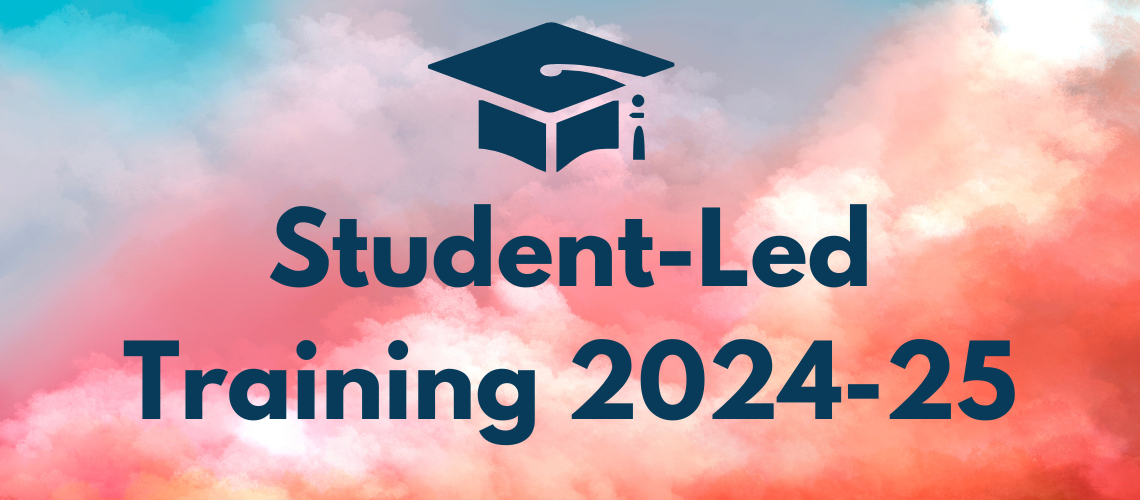Summer School 2025: Mixing Methods – From Theory to Practice
Queen Margaret University Queen Margaret University Way, MusselburghThis workshop will examine how we integrate different forms of knowledge in social science research, with particular emphasis on the integration of small and large scale (qualitative and quantitative) approaches and data.




